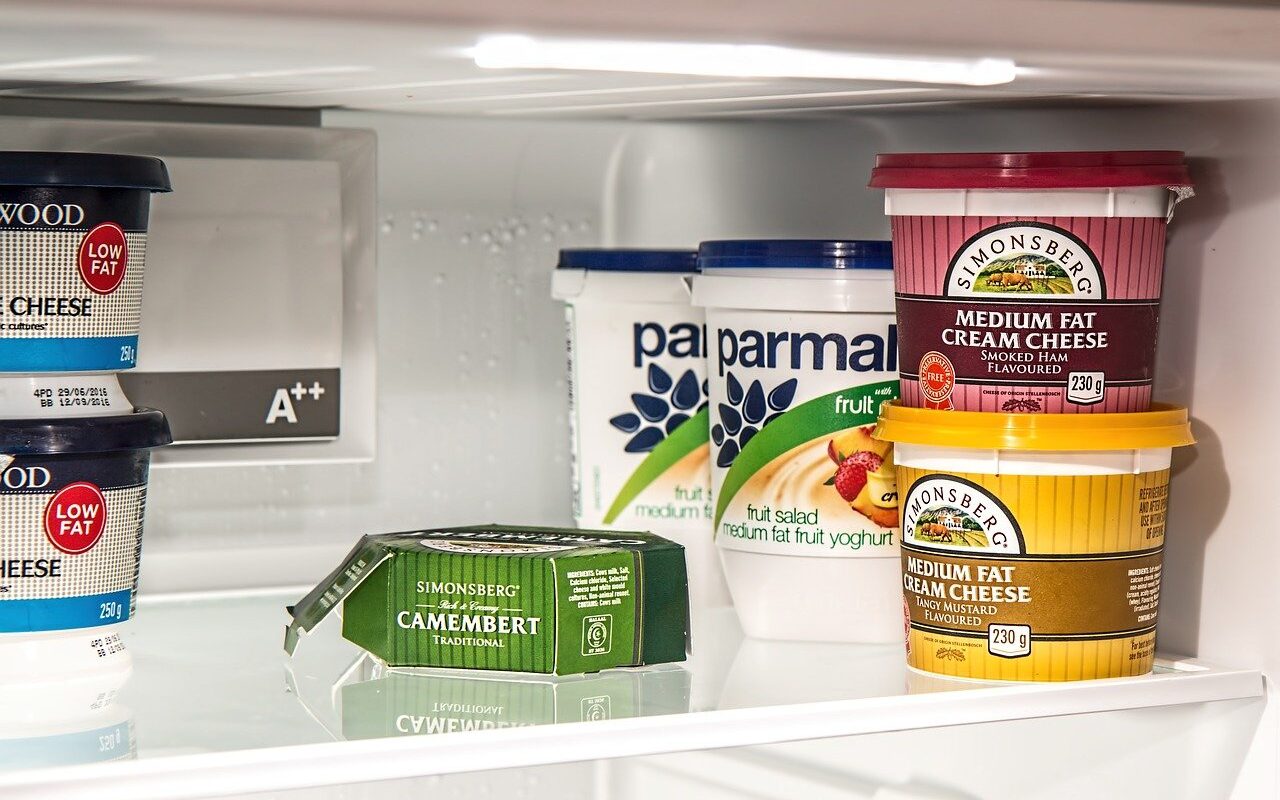The refrigerator is a splendid invention that aids our healthy and wholesome lifestyle every step of the way. It not only keeps our food fresh and healthy, it also allows fruits to ripen quicker, along with keeping harmful bacteria away from our food. However, not all food items and their nutrient profiles should be exposed to cold environments.
You see, some foods tend to wilt away and expire when exposed to chilly temperatures, and in such a case, the fridge is harmful rather than beneficial. For instance, tomatoes and potatoes, veggies that turn bland and expire cold temperature. For those of you who have no clue about which food items should go in the fridge or not, we’ve compiled all the information you need to know.
Here, take a look at all the food items that you must keep far away from the refrigerator:
1. Green bananas
Like all tropical fruits, bananas adore warm temperatures and you must keep them on the kitchen counter, far away from the fried. You see, a cold temperature disrupts the ripening process of green bananas and you’ll have to devour them green because they just won’t ripen in the fridge. Since a cold environment permeates the cell walls of the banana peel, it causes its nutrient content to oxidize and create melanin.
Even though the fruit and its taste may be the same as usual, its nutrient count will be significantly lower. Hence, allow the bananas to ripen in a dry and warm environment, and once they have ripened to your taste, you can always store them in the refrigerator for your frozen smoothies, ice creams and other banana treats.
2. Open cans
Experts advise strongly against storing open tin cans in the refrigerator. Research reveals that when placed in the fridge, the metal of the tin can infects the food and makes it unhealthy. Therefore, it’s better to find a glass or plastic storage container and store all the leftover food inside it.
Always wrap up your leftover food with aluminum or plastic foil to keep your food healthier and fresh with its flavor intact.
3. Coffee
Research reveals that coffee is a natural hydroscopic, which basically states that it absorbs moisture, tastes and odors within an instant. So, if you store your coffee in the refrigerator it will lose its taste and freshness within a matter of minutes.
You must always store coffee in a cool and dark spot, for instance the pantry. And be sure not to buy coffee in large quantities, despite how quickly you finish one jar because ones the coffee is roasted, it starts losing its essence and freshness.
4. Basil
Storing basil in the refrigerator is the most horrible mistake because it causes it to expire and turn horridly black overnight.
You see, the delicate leaves of basil must never be exposed to a cold temperature, because they are highly sensitive to ethylene, a kind of gas emitted by fruits while ripening.
Hence, the tender basil leaves tend to wilt and wither away in the fridge. Instead, always keep them in a jar full of water on your kitchen counter, or you can cover the up in a zip lock plastic bag to keep out the humidity and moisture.
5. Potatoes
Potatoes must be stored in a dark and cool environment with a temperature that ranges between, 45°F and 50°F. Since most refrigerators are kept lower than 40°F, they can convert the starch present within the potatoes in to sugar. And this not only destroys their taste, but also their nutrient count.
Hence, always keep them in the basement or a dark root cellar.
6. Steaming Hot Leftovers
Never pack away a steaming hot plate of leftover food and place it in the refrigerator while it’s still hot. You see, when you steaming hot food inside the refrigerator, it only causes an electrical mishap, but also, it triggers the emergence of bacteria that will spread to all the other food item present inside the fridge.
When the fridge is exposed to heat, it has to use more energy to cool down the temperature and that may cause it to shut down entirely.
So, always be sure to pack away your leftover food in a storage container, wrap it up with foil and then allow it to cool down to room temperature before you place it inside the refrigerator.
7. Watermelons
A recent study revealed that storing a sliced or unsliced watermelon in the fridge reduces its antioxidant content. You see, watermelons are rich in carotenoid, a kind of antioxidant that tends to deplete in cold environments.
Hence, if you want your fruit to last longer, keep it out of the fridge and in a balanced room temperature. A medium sized water melon has a shelf life of two-three weeks, provided that it is stored at 55°F. But if you store it inside the refrigerator at 40°F, it will expire in less than a week.
8. Tomatoes
If you have your own tomato garden, you will be familiar with the fact that storing even fresh tomatoes in the fridge can ruin their taste and turn them watery overnight.
Research reveals, that the cold environment of the refrigerator tears apart the membranes inside the tomatoes walls, and makes them watery and mealy. Hence, it is advisable to leave them in an open environment, be it a well-ventilated root cellar or the kitchen counter.
Even after being picked up, tomatoes continue to ripen, however, be sure to eat them before they turn mushy because of being overripe. Or you can always create heaps of tomato sauce and store in the fridge for long-term use.
9. Onions
Keeping onions in the refrigerator exposes them to humidity and this causes them to start sprouting. You see, much like a potato, a wet and cold environment coverts the starch of an onion into sugar.
Always be sure to store your onions in a dry and cool environment, for instance a root cellar that is nicely ventilated.




